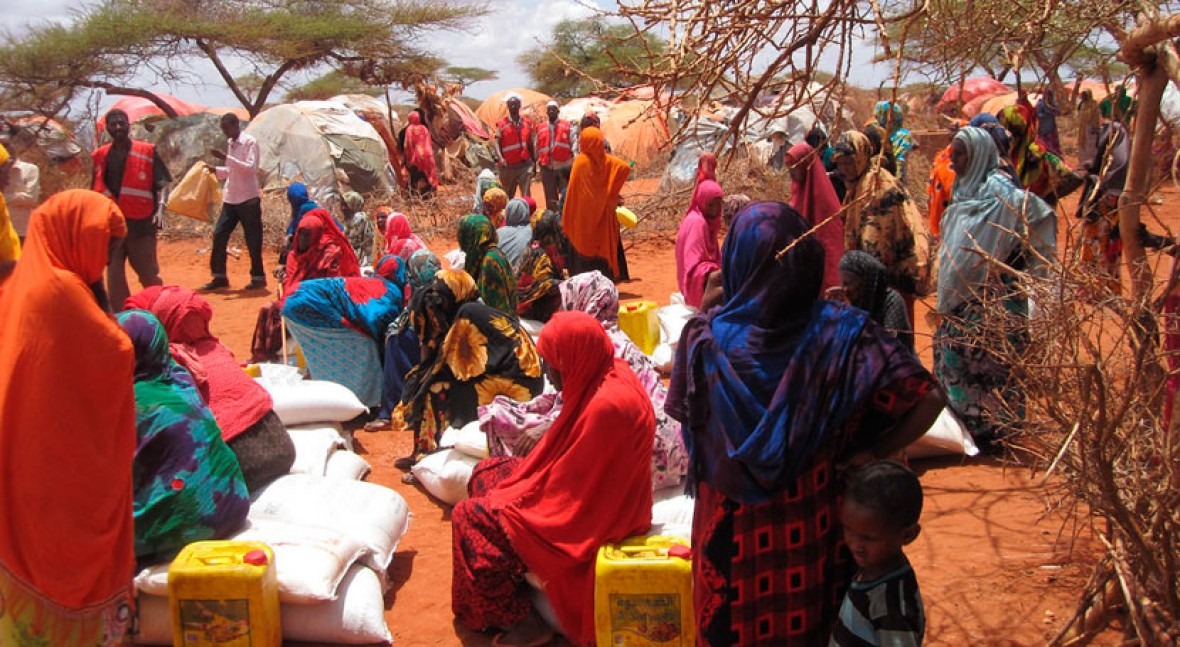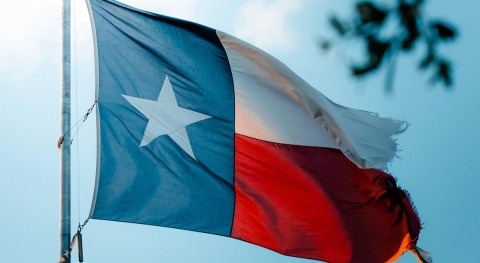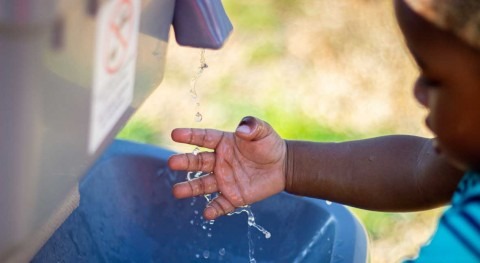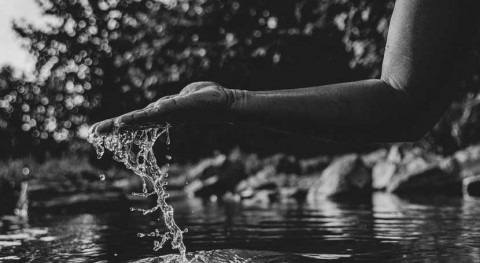The Strategic Foresight Group (SFG), an international think tank based in India, has issued a new Blue Peace Bulletin that explores the links between water and violence in Somalia.
The think tank has played a critical role in the recognition of the strategic importance of water for global peace and security. The new report is the latest of a series of Blue Peace Bulletins, warning of the growing risk of using water resources as weapons in armed conflicts. The reports not only shed light on the situation in different parts of the world, but are also produced as a way to bring the issue to the forefront of the international agenda, and look at what can be done, exploring opportunities that exist now and may come up in the future.
The new report explores the issue of protecting water in the difficult situation in Somalia. The country has been dealing with civil war, ethnic violence, terrorism, secessionism, and massive humanitarian crises, especially due to droughts, which have affected 6 million people in 2018, according to Diana Philip, Senior Research Manager at SFG.
Somalia has a weak central government and separatist movements, plus numerous other parties involved in the country’s conflict, including the African Union Mission in Somalia (AMISOM) peace-keeping forces, and armed non-state actors, the most prominent being Al-Qaeda’s front in East Africa, Al-Shabaab.
Water is often indiscriminately targeted or used as a weapon of war primarily by Al-Shabaab. Attacks have taken the form of destruction of water infrastructure, blocking access to rivers and other water sources, poisoning wells, etc. They are targeted to civilians and peace-keeping missions. Combined with the existing humanitarian crisis, the situation only gets worse. “Any sustainable solution or measure toward stability or peace in Somalia has to involve water”, said Ms Philip.
The SFG calls for a coordinated response by the Somalian government, key countries such as neighbouring Ethiopia, and regional actors like the African Union and the AMISOM peacekeeping forces, which could go a long way in helping Somalia protect its dwindling water resources. Although engaging with Al-Shabaab is not an accepted position in the international community, Ms Philip considers that there has to be a certain level of engagement with them to ensure they at least they do not attack or use water as a tool. The report aims to say that whenever the opportunity comes about when Al-Shabaab and the government are ready to engage, water issues can be part of the agenda. So far, the improvement in bilateral relations between Ethiopia and Somalia is considered a positive development that could be expanded to include protection of water resources from Al-Shabaab and maybe ensure trans-boundary cooperation concerning their shared river basins.







